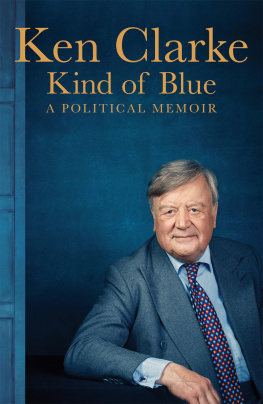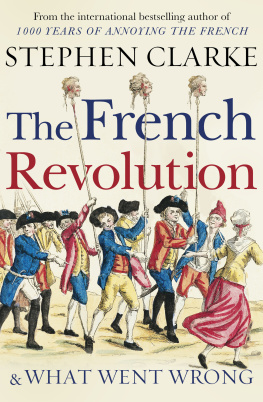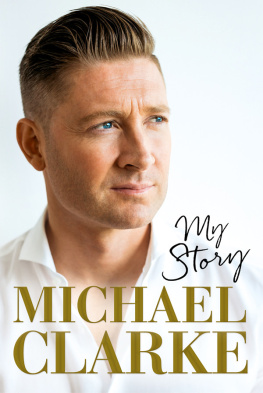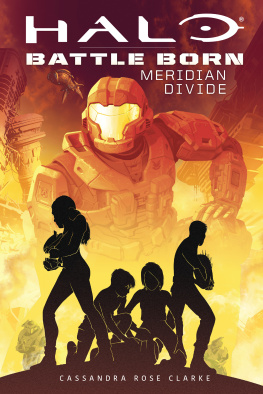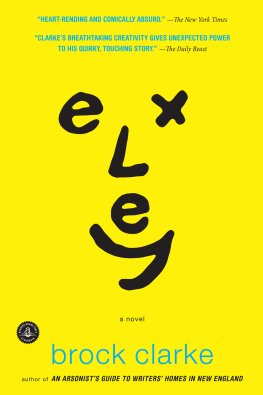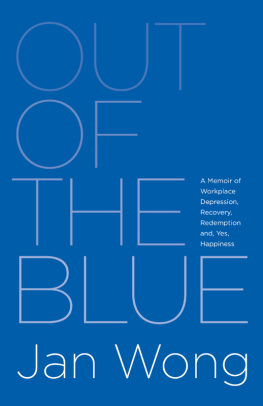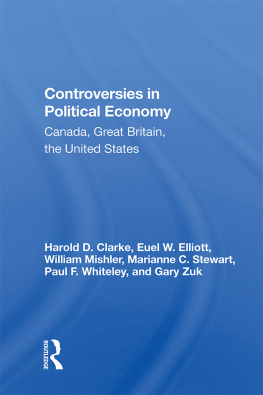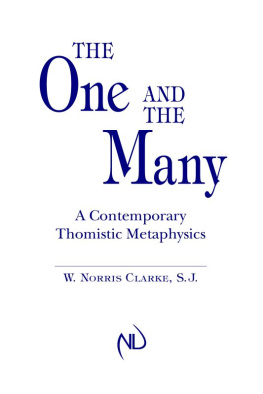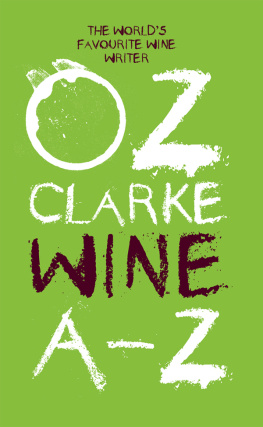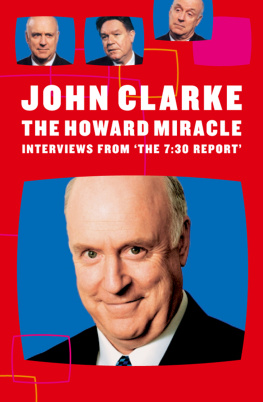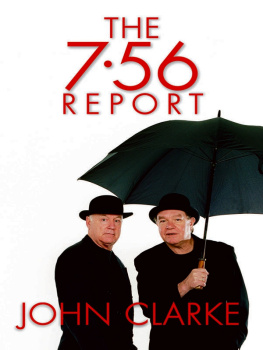Clarke - Kind of Blue: a political memoir
Here you can read online Clarke - Kind of Blue: a political memoir full text of the book (entire story) in english for free. Download pdf and epub, get meaning, cover and reviews about this ebook. City: Great Britain, year: 2016, publisher: Pan Macmillan UK, genre: Politics. Description of the work, (preface) as well as reviews are available. Best literature library LitArk.com created for fans of good reading and offers a wide selection of genres:
Romance novel
Science fiction
Adventure
Detective
Science
History
Home and family
Prose
Art
Politics
Computer
Non-fiction
Religion
Business
Children
Humor
Choose a favorite category and find really read worthwhile books. Enjoy immersion in the world of imagination, feel the emotions of the characters or learn something new for yourself, make an fascinating discovery.
Kind of Blue: a political memoir: summary, description and annotation
We offer to read an annotation, description, summary or preface (depends on what the author of the book "Kind of Blue: a political memoir" wrote himself). If you haven't found the necessary information about the book — write in the comments, we will try to find it.
Kind of Blue: a political memoir — read online for free the complete book (whole text) full work
Below is the text of the book, divided by pages. System saving the place of the last page read, allows you to conveniently read the book "Kind of Blue: a political memoir" online for free, without having to search again every time where you left off. Put a bookmark, and you can go to the page where you finished reading at any time.
Font size:
Interval:
Bookmark:
KIND
OF BLUE
A POLITICAL MEMOIR
Ken Clarke
MACMILLAN
For Gillian
This memoir was largely dictated into a tape recorder, usually over a late-night brandy and cigar, as a conversational recollection of a life spent actively engaged in politics and government with some asides about my personal life. My family and I prize our privacy so, by and large, it concentrates on the political narrative. I had no intention of producing an academic and erudite historical text with footnotes based on extensive research. Instead, I hope I have produced a readable and very personal recollection of my involvement in events which will also underline my driving commitment to my political principles and to my view of the national interest of the United Kingdom.
I have always believed that the sanest route to prosperity and social equality is to combine free-market economics with a strong sense of fairness. Capitalism in the West is currently and not altogether unreasonably being undermined by people who feel it is unfairly rewarding the wealthy few and doing nothing for the vast majority of our citizens. But those of us who espouse modern capitalism and those who, like me, are members of the Conservative Party, should be even more concerned than the most ardent left-winger with ensuring that society is fair. That belief has underpinned my entire political career.
These veteran meanderings could only be turned into a book with the assistance of very efficient and well-organized friends and colleagues. They helped the Dictaphone interpret my narrative. They edited and sorted out the text and checked my assertions of distant facts. I had made personal written notes on some of the more dramatic events in my career two or three nights after those events had occurred. But since I have never kept a diary, my off-the-cuff remarks needed considerable sorting out and checking.
I am particularly grateful to Kathryn Laing, my last so-called special adviser, or political aide, who first insisted that I should try to do this and gave me the crucial Dictaphone. With great persistence, she encouraged me to record my reminiscences and, whilst on maternity leave, made steady progress in setting out the text in a presentable and readable order. When she eventually returned to full-time work she bullied me into approaching a literary agent, Natasha Fairweather of United Agents, and through Natasha I obtained a publisher, Pan Macmillan, and the editing services of Deborah Crewe. Deborah in particular drove me on to complete the composition and to improve the language and clarify the meaning I intended as I did so. I am extremely grateful to both of them as well as to Georgina Morley, my editorial director at Macmillan. I am also grateful to all the other people at Macmillan who have helped see the book into print, including my copy-editor David Milner, Laura Carr, Tania Wilde, Ena Matagic, Stuart Wilson, Wilf Dickie, Iram Allam and Philippa McEwan who has the unenviable task of organizing the publicity schedule.
I would also like to record my thanks to the staff in my office, Debbie Sugg and Jamie Hall, who worked at arranging the logistics of all this and made some comments. I am particularly grateful to many other friends who, like Debbie Sugg, have read relevant parts of the text and given their comments and reminders. People like Norman Fowler, Nick Macpherson, Anthony Teasdale and several others have kindly given their time to check and prompt my recollection of the incidents that they experienced with me. I am extremely grateful for the time and effort they put into it.
I would like to take this opportunity to pay tribute to the huge number of good friends and colleagues that I have had throughout my political lifetime. The effect of being reshuffled from department to department and serving on and on from parliament to parliament is that I have spent my time surrounded by a collection of friends and collaborators to whom I have been very close for the periods of time during which we worked together. I have then quite frequently failed or been unable to maintain contact with them as I have moved on to another sphere and become equally dependent on private secretaries, parliamentary private secretaries, special advisers, junior ministers, senior civil servants and all the other people that have to form part of a closely knit team in my next department. I can only apologize to Colin Moynihan, Michael Jack, David Trippier, Angela Knight and many others, with whom I worked very closely and who, alas, do not get commensurate mentions in the text. It is impossible to list all the politicians, civil servants and personal friends with whom I have collaborated but I cannot overstate my appreciation of the trusting personal and working relationships I have enjoyed throughout my career with so many marvellous people. If they read this book I hope that most of them will enjoy being reminded of the particular episodes when they were closely involved and that they will not disagree with either my narrative or my interpretation of events.
Finally, I should thank my late wife, Gillian, to whom this book is dedicated and who had to put up with a largely absent husband throughout our fifty-year marriage. But without her and without our long telephone calls every evening we were apart I would never have lasted the course.
(Dexter Gordon, 1962)
I have never thought very much of politicians who make a great deal of their poor-boy origins. Nevertheless, I was born on 2 July 1940, impeccably working class.
My parents, both from Nottingham, were living in Aldercar, at the rural end of a Derbyshire pit village called Langley Mill in the heart of D. H. Lawrence country. The landscape was dominated by a huge number of collieries dotted in and around the surrounding villages. Coal tips emerged from the fields, some of them permanently smoking from internal fires. Expanses of farmland filled the remaining landscape, making the setting strangely bucolic. The village itself was home to a closed, very working-class community: the adult men all worked in one of the two or three collieries in the immediate surroundings. My father an electrician at Moorgreen Colliery was no exception.
My fathers name was Kenneth, and I repeated this confusion when many years later I named my own son Kenneth. My mother was called Doris, a name which was becoming out of date even in the 1940s. Both of them were intelligent and perfectly literate and numerate but neither had had any kind of secondary education, and both had left school at about thirteen. My father had simply never been offered any sort of secondary education. In my mothers case her parents had refused her secondary-school place because they didnt believe that such an education was necessary for a girl. Both my parents had succeeded through their own unaided efforts in making considerable progress through life, despite the disadvantage they had undoubtedly suffered.
We were never remotely poor, though, because my father had a second job as the manager of the cinema in the nearby town of Eastwood. He used to tell me how in his younger days he had in fact operated the projector for the first talking film shown in Nottingham, at the Elite cinema. He also recollected how as a very young employee he had occasionally played the piano for the silent films when the pianist was too drunk to go on. He was actually quite a talented pianist, and I always enjoyed it when he played popular tunes on our piano in the front room.
Unlike the majority of men in our village my father was therefore not a lifelong miner. In fact, throughout the war he combined his two jobs in order to save money to go into business on his own account. The result was that we were rather better off than most other people in the village. We had a pleasant newish semi-detached house and my father always owned a Ford car. We acquired a television set as soon as television came to the Midlands and I can remember sitting in front of the tiny black-and-white screen showing the first pictures from the new Sutton Coldfield transmitter as the wonders of television began.
Next pageFont size:
Interval:
Bookmark:
Similar books «Kind of Blue: a political memoir»
Look at similar books to Kind of Blue: a political memoir. We have selected literature similar in name and meaning in the hope of providing readers with more options to find new, interesting, not yet read works.
Discussion, reviews of the book Kind of Blue: a political memoir and just readers' own opinions. Leave your comments, write what you think about the work, its meaning or the main characters. Specify what exactly you liked and what you didn't like, and why you think so.

